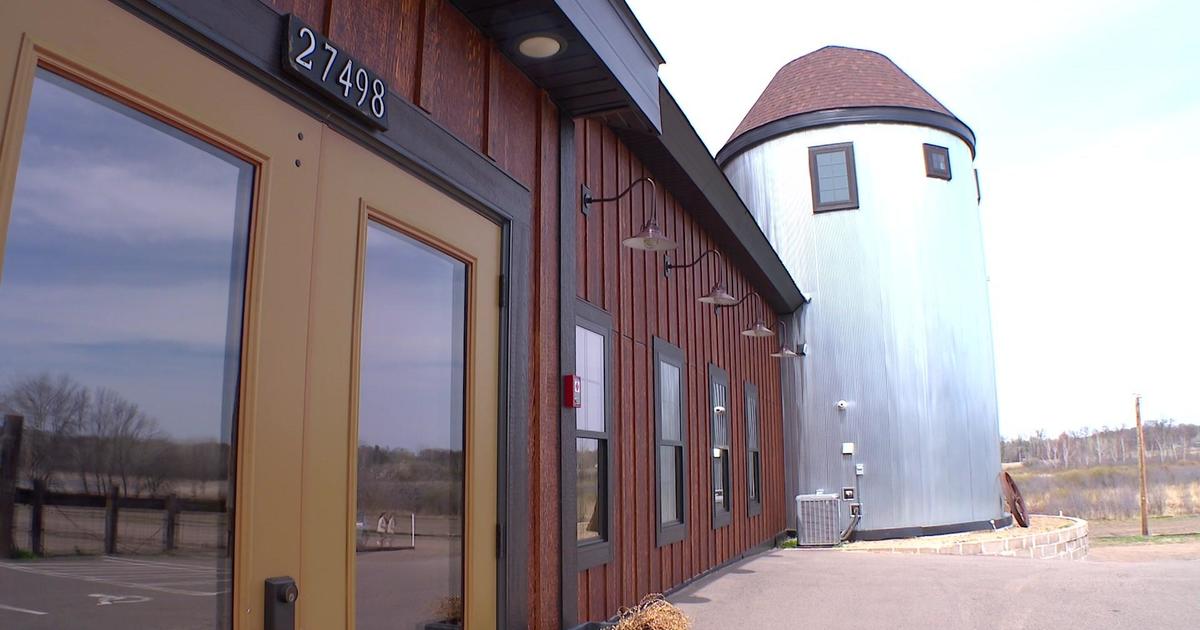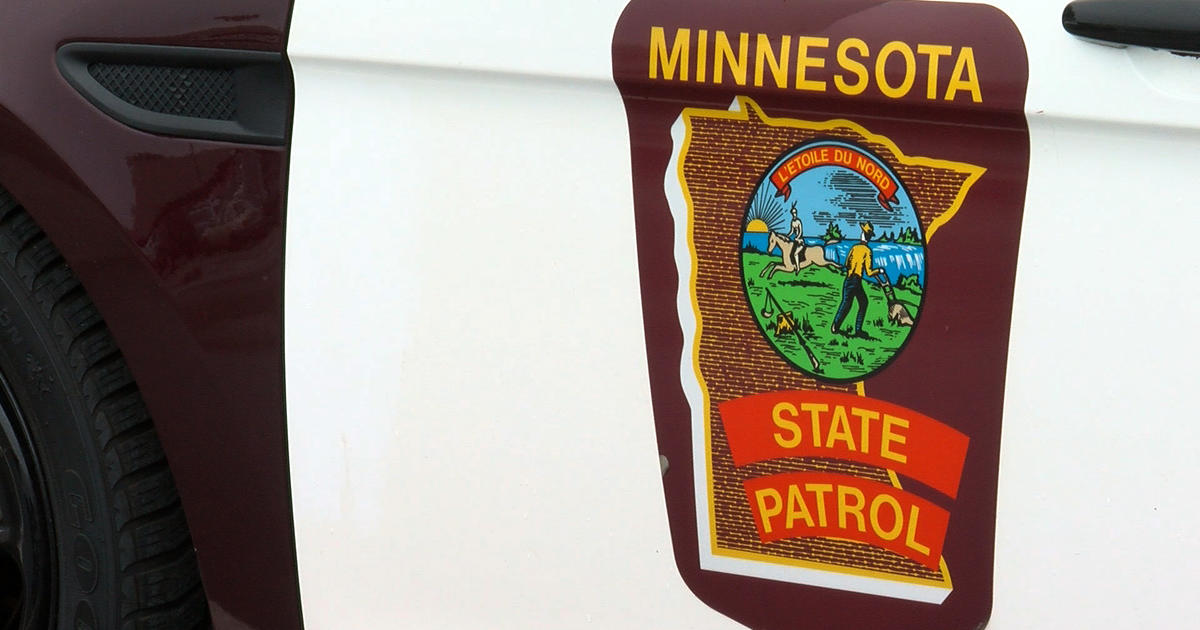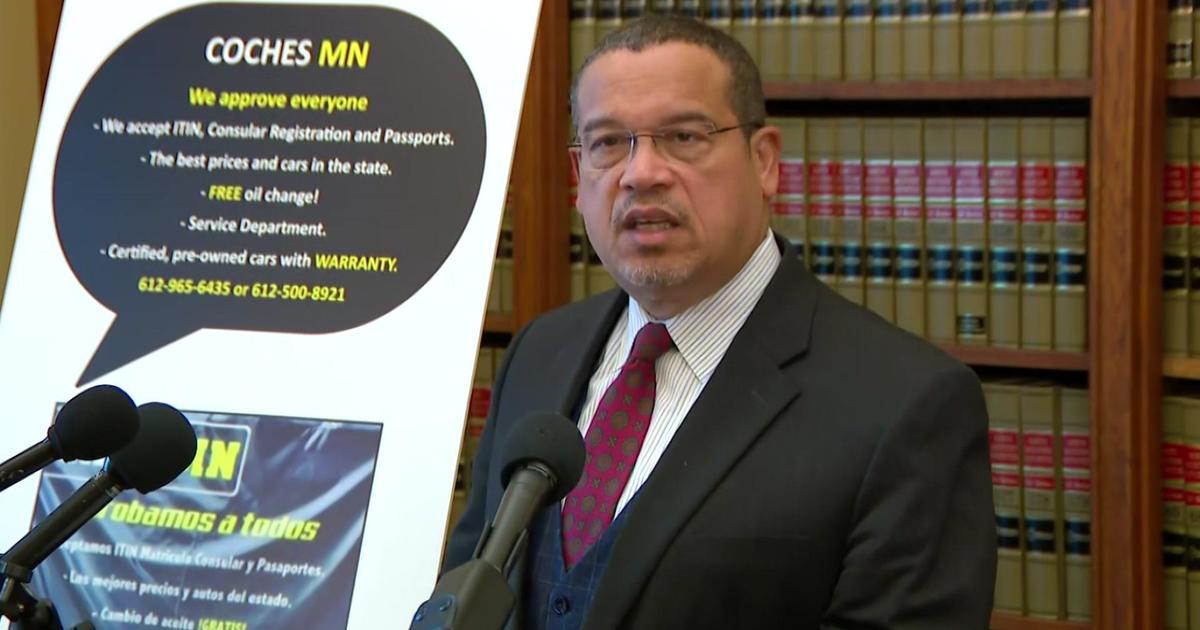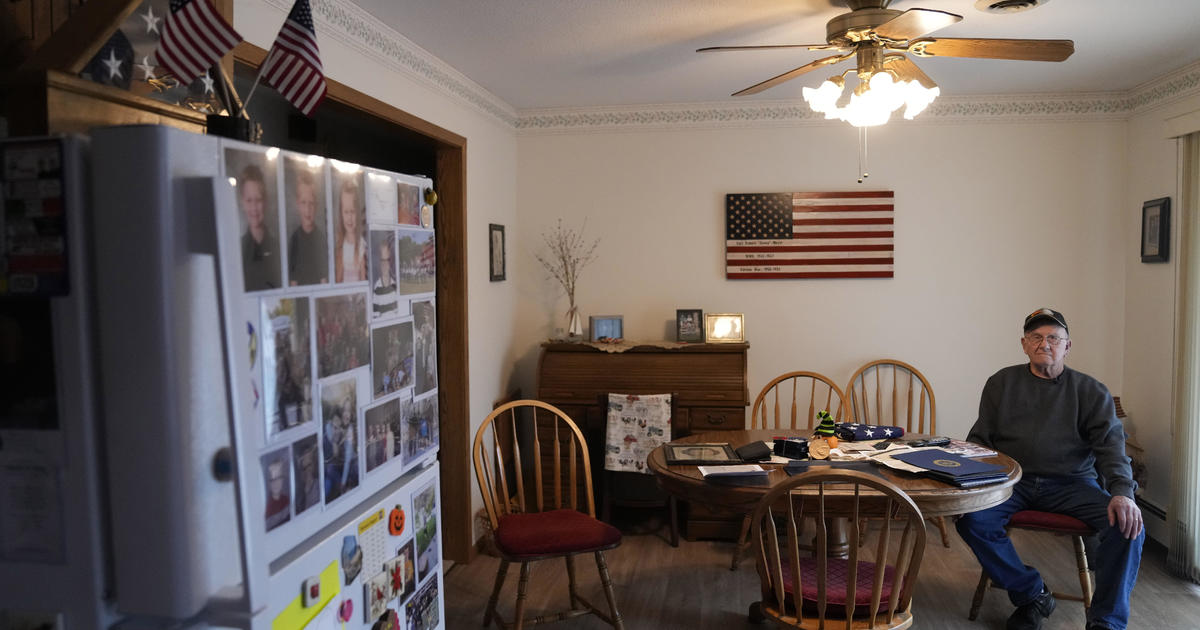After Months Of Stalemate, Minnesota Senate Passes $1.87 Billion Bonding Bill
MINNEAPOLIS (WCCO/AP) -- The Minnesota Senate passed a $1.87 billion jobs and infrastructure bonding bill Thursday in a close to unanimous vote, after it passed 100-34 in the Minnesota House. It's the largest bonding bill in state history.
The bonding bill is the biggest piece of unfinished business left over from the 2020 regular session, which ended in May. With less than three weeks to go until the election, this was seen as the Legislature's last chance to get it done this year.
The bill finances $1.87 billion in public infrastructure projects statewide once other funding sources are counted. It also includes some supplemental spending to avoid layoffs of state employees and prevent the closure of two small correctional facilities, and a business tax break aimed at farms and small businesses.
Gov. Tim Walz praised the bipartisan nature of the bill's passage.
"This bonding bill is a smart investment that will create thousands of good-paying jobs, deliver improvements to local projects throughout Minnesota, and make our state a better place to live," Walz said. "It's been a long journey. By finally coming together and working across the aisle, Minnesota proved once again that if Washington won't lead, we will."
Twenty-five House Republicans crossed over Wednesday night to give the Democrats the 60% supermajority the legislation needed to pass. In the end, all the worry for enough votes was for nothing. The Senate vote was 64-3. With every member of the legislature up for election, there was feeling among Republicans that they needed to get this bill passed.
"Minnesotans asked for a robust bonding bill and it is long overdue. After months of Republican political posturing, DFLers were able to successfully advocate, work, and pass investments that will spur the rebuilding and revitalization of our communities statewide," Senate DFL Leader Susan Kent said. "People whose livelihoods have been affected by COVID-19 are facing devastating economic situations. This bill chips away at the state's backlog of infrastructure needs while delivering much-needed stimulus to the economy and local jobs."
An example of one project that will get funded as a result of the bill is $47 million for an overpass for the intersection of the railroad crossing at Highway 47 and Ferry Street in Anoka. It has been the site of numerous accidents over the years and also chronic traffic back-ups.
While some Republican Senators expressed concern about the cost of the overall bill, the Republican Senator who represents Anoka told WCCO about how glad he is the bill and this measure passed.
"This is the most dangerous rail intersection in the state. It's a daily bottleneck, people back up on the highway trying to get through this intersection. There are some seventy trains a day. This has been a long time coming," Sen. Jim Abeler said.
"I'm grateful to see the Minnesota Legislature has passed a strong and equitable bonding bill that includes a $30 million investment in projects in Black and Indigenous communities and communities of color," Lt. Gov. Flanagan said. "Many Minnesotans across the state have worked for years to bring the investments in this bill—and the jobs that will follow—to their communities. Today, that hard work paid off, and we can all be proud."
House Republicans blocked attempts to approve bonding bills during earlier special sessions. Minority Leader Kurt Daudt, of Crown, wanted Walz to give up the emergency powers that he's used to respond to the coronavirus pandemic. Daudt recently dropped that demand and turned to seeking budget cuts to offset the debt service costs.
Republican leaders said their concerns over the spending were eased by a measure that would give an upfront tax break to farmers and small businesses on equipment purchases. Senate Majority Leader Paul Gazelka noted that one of his party's top goals was for Chapter 179 tax conformity for main street businesses and farmers.
"We have been talking about Chapter 179 for years. It is sometimes harder to get something we all agree on done, but we are taking the opportunity today to move this important tax provision forward. Farmers and small businesses are the backbone of our economy. Chapter 179 conformity will allow them to invest in their operations and keep growing their business in these challenging times," Gazelka said.
All that's needed now is Walz's signature; he has said he would sign it.
(© Copyright 2020 CBS Broadcasting Inc. All Rights Reserved. The Associated Press contributed to this report.)



